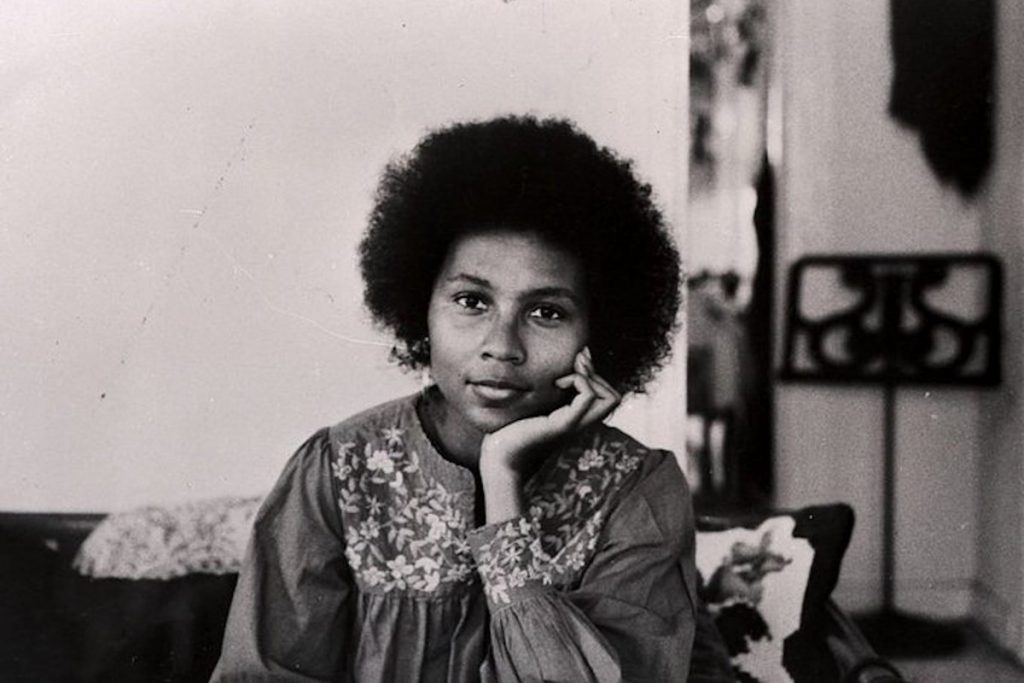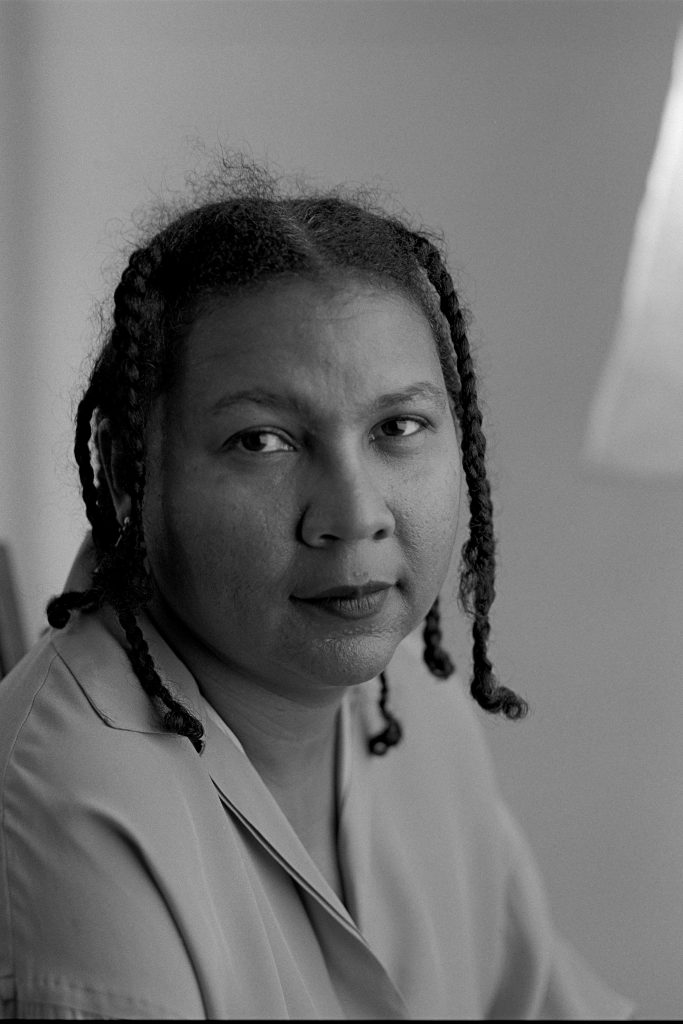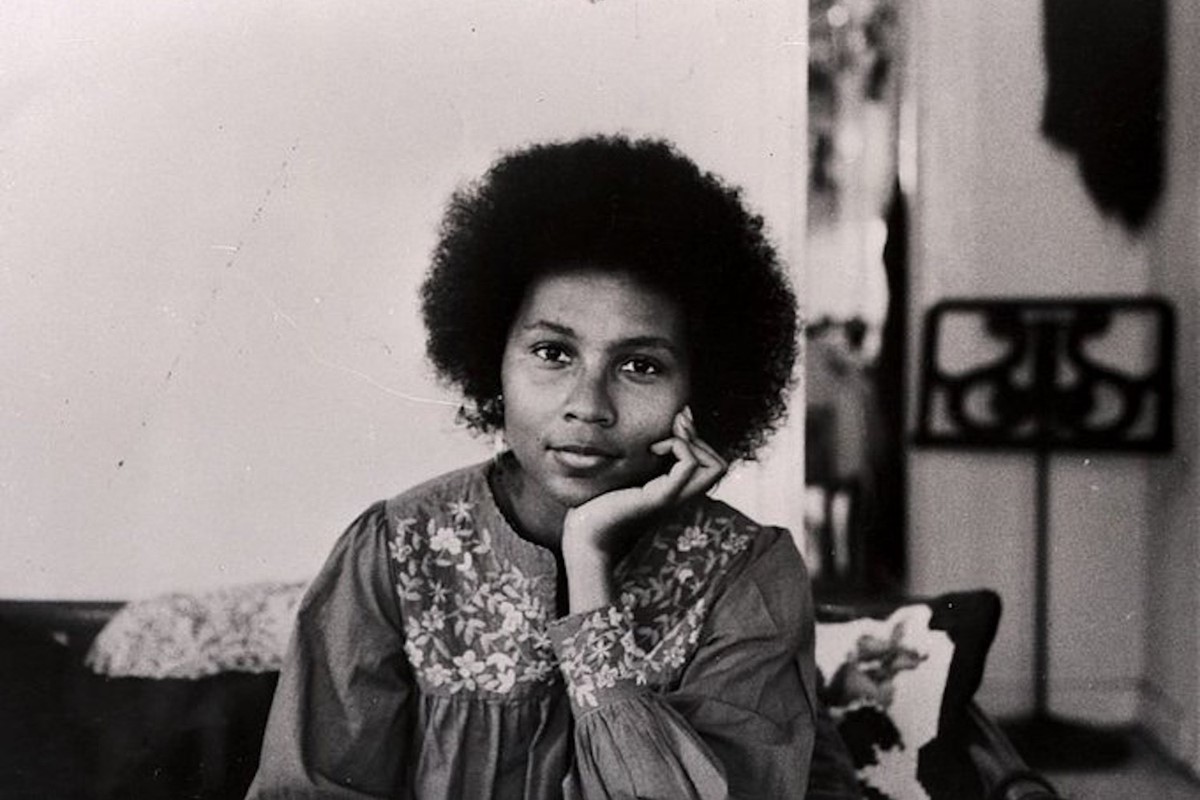
One of our recent assessments explores the experiences of women during the 2nd wave of feminism. While feminist women from the 1960s-80s shared many common goals, they were by no means uniform. Students analyze several primary source accounts from this era in order to compare and contrast the experiences of Black, Latina, and white women during this time. One of the sources they engage with is a book by bell hooks, a prominent Black feminist, activist, and English professor who recently passed away in December.
For our last blog post during Black History Month, we’ll look a little more at bell hooks’ ideas and perspective during the 2nd wave of feminism. Born Gloria Jean Watkins, bell hooks became her pen name to honor her great-grandmother Bell Blair Hooks. She insisted on not capitalizing her name because she wanted people to focus on the substance of her ideas, not her as a person.
While hooks went on to be a prominent scholar and activist, the book that gave her initial notoriety was her 1981 publication Aint I a Woman: Black Women and Feminism. In this book she contextualized the Black experience within the larger mainstream feminist movement. At some points, she offered analysis that surely rattled some feminists: “That as the man is more noble in reason, so the woman is more quick in sympathy.” Of course this quote is in a larger context, where she merely wants to point out that simply because men and women may be different, neither is superior or inferior. At the core of her aims was to bring about equality. An equality often not seen within the feminist movement itself.
[THIS WEEK, PLEASE DOWNLOAD THIS FREE RESOURCE FOR STUDENTS TO ENGAGE WITH HOOKS’ WRITING]
Writing about Black feminist relations to their white counterparts, hooks lamented the clear disconnect. Black feminists “were disappointed and disillusioned when we discovered that white women in the movement had little knowledge of or concern for the problems of lower class and poor women or the particular problems of non-white women from all classes.” Women of color and poor women had real hurdles to jump that white women did not experience, but it did not seem that the white women cared.

hooks pushed her white counterparts to recognize their own willful ignorance and even racism. She pointed out “the appropriation of feminist ideology by elitist, racist white women” and then provided an example: “We could not even get a hearing at women’s groups because they were organized and controlled by white women… White women liberationists saw feminism as ‘their’ movement and resisted any efforts by non-white women to critique, challenge, or change its direction…”
bell hooks pursued gender and racial equality for the rest of her life, establishing the bell hooks Institute at Berea College in Kentucky in 2004. She challenged illogical hierarchies and even in the simple action of her name, asked people to engage with ideas first. Her legacy will live on as an agent of change.
